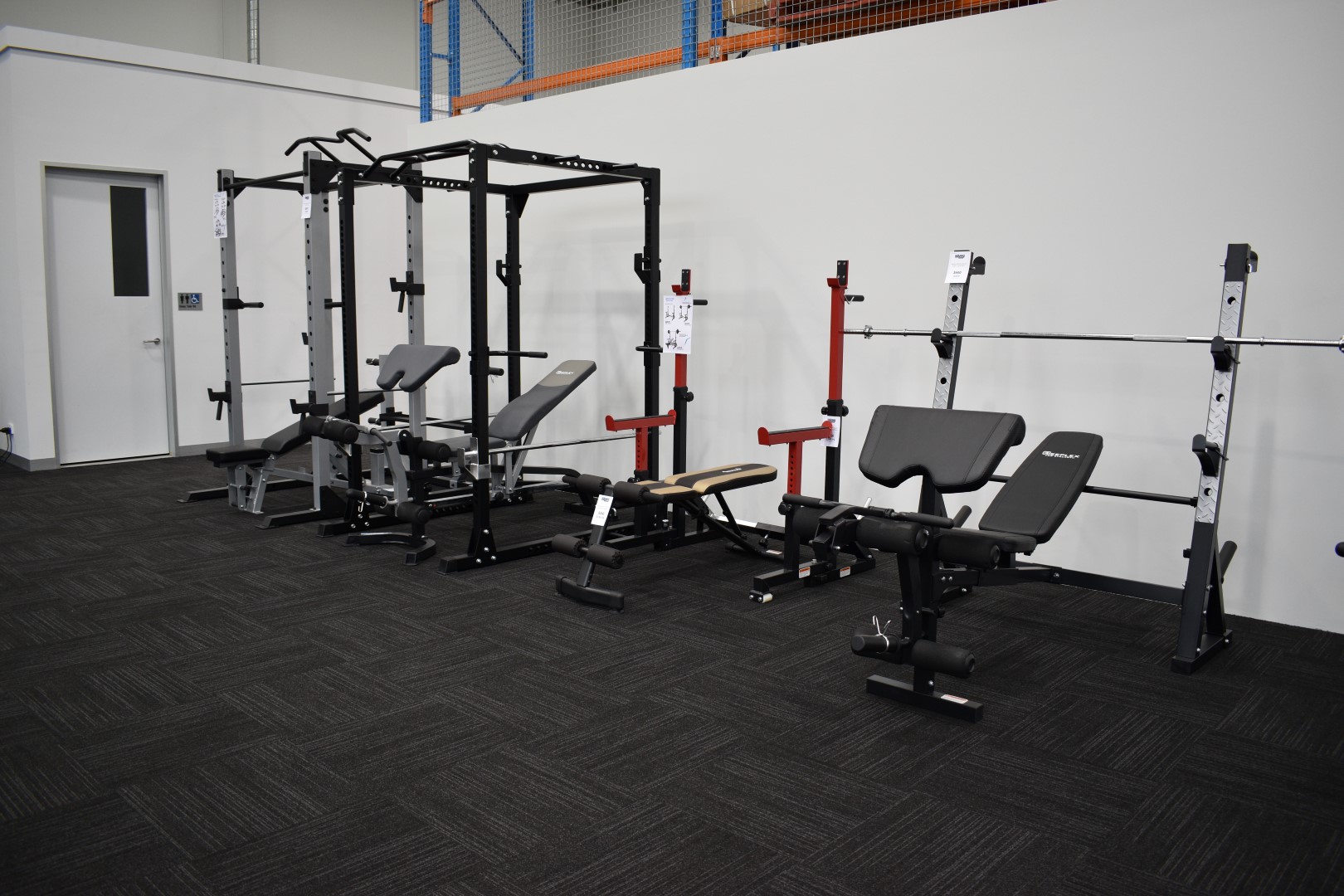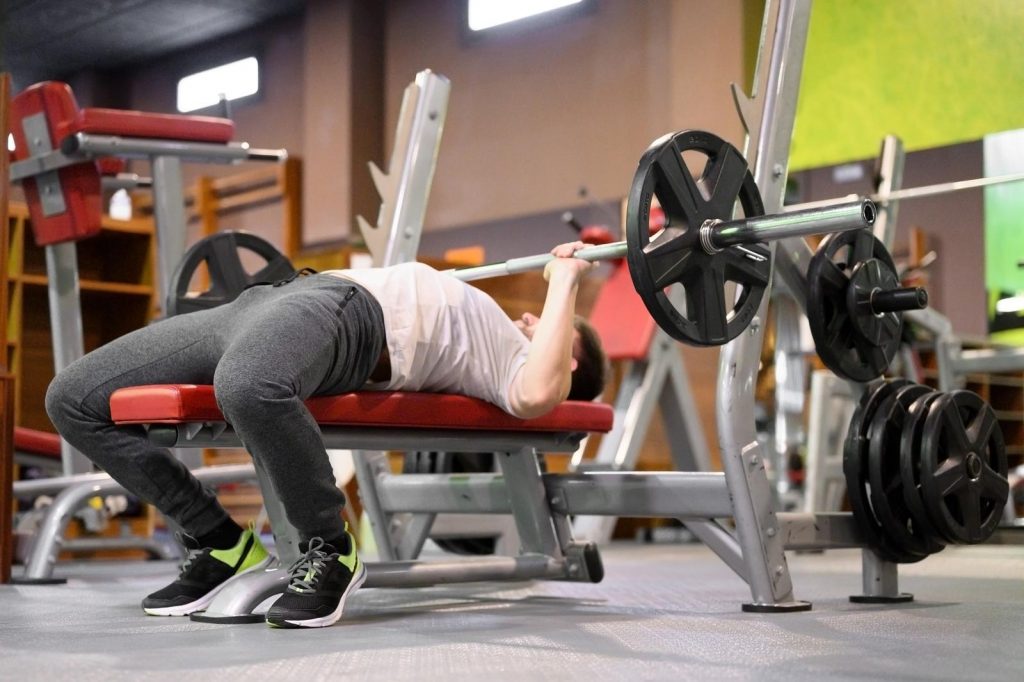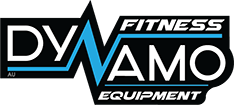
Maximize Muscle Gain with a Tailored Weights Bench Routine
Want to take your gains to the next level? Discover how to customize your weights bench routine for maximum muscle gain. Uncover the secrets of optimizing every rep and set, ensuring you’re on the fast track to a stronger, more sculpted physique. Learn how small tweaks can lead to significant results in your fitness journey. Ready to transform your workouts into muscle-building power sessions?
Understanding Bench Press Fundamentals
Importance of Proper Form
To achieve maximum muscle gain, proper form is essential when performing bench press exercises. Maintaining the correct posture ensures that you target the intended muscles effectively. For instance, keeping your back flat on the bench and engaging your core helps prevent strain on your lower back.
Consistency in using proper form not only optimizes muscle activation but also reduces the risk of injury during your workout sessions. Focusing on techniques such as grip width, bar path, and breathing can significantly impact how well you engage specific muscle groups while minimizing unnecessary stress on joints.
Optimizing Technique for Muscle Activation
Understanding the mechanics of the bench press allows you to tailor your routine for maximum muscle gain. By adjusting variables like grip width or incorporating pauses at different points in the movement, you can emphasize certain muscles over others. For example, a wider grip primarily targets the chest muscles, while a narrower grip shifts focus to triceps engagement.
Incorporating variations like incline or decline bench presses into your routine can further enhance muscle recruitment across various angles and ranges of motion. These adjustments help prevent plateaus by continuously challenging your muscles with new stimuli.
Optimizing Your Bench Press Technique
Maintaining Stability and Tightness
When performing bench presses, it’s crucial to keep a stable and tight body position. This ensures proper form and reduces the risk of injury. By maintaining stability, you engage your upper body strength effectively throughout the lift. Focus on keeping your back flat against the bench, feet planted firmly on the ground, and shoulders retracted.
Proper form is essential for maximizing muscle gain during bench pressing. Utilize an appropriate grip width that targets specific muscle groups such as the triceps, shoulders, or chest. Adjusting your hand placement can vary the emphasis on different areas of your upper body, leading to more balanced development. For example, a wider grip primarily engages the chest muscles while a narrower grip shifts focus to the triceps.
Engaging Core and Leg Drive
Engaging your core muscles and utilizing leg drive are key components in optimizing your bench press technique for maximum muscle gain. By activating your core during each repetition maximum (RM), you stabilize your body further and enhance overall power output during the lift. Incorporating leg drive by pushing through your heels not only aids in generating force but also helps maintain full-body tension.
Read Also: Best Workouts Using Adjustable Weight Bench for Optimal Fitness
Incorporating Variations for Comprehensive Development
Target Specific Muscle Groups
To tailor your weights bench routine effectively for maximum muscle gain, it’s essential to experiment with different bench press variations. Incorporating incline, decline, or close grip bench press can target specific muscle groups like the upper chest, triceps, and shoulders. By varying your exercises regularly, you engage various muscles which helps in preventing plateaus.
Rotate through different variations weekly to ensure a balanced development of all muscle groups. For example, if you focus on incline bench press one week targeting the upper chest more intensely than a flat bench press would do. This variety challenges your muscles differently each session leading to overall growth and strength development.
Structuring Workouts for Progressive Overload

Consistent Progression
Plan your workouts to steadily increase the weights or reps you use. This helps challenge your muscles and stimulate growth. For example, if you start with a 20-pound dumbbell for bicep curls, aim to gradually move up to a 25-pound one.
Pros:
-
Promotes muscle growth
-
Helps track progress easily
Cons:
-
Requires careful planning and tracking
Utilizing Advanced Techniques
Incorporate techniques like pyramid sets, drop sets, or rest-pause sets into your routine. These methods push your muscles beyond their limits by increasing intensity as you go along in the workout session.
-
Pyramid Sets: Start with lighter weights and higher reps, then increase weight while decreasing reps.
-
Drop Sets: Perform an exercise until failure, then immediately decrease the weight and continue.
-
Rest-Pause Sets: Take short breaks during a set to extend it beyond what you could typically do in one go.
Key Information:
-
These techniques help break plateaus in strength training routines.
Balancing Volume, Intensity, and Recovery
Finding the Right Balance
When tailoring your weights bench routine for maximum muscle gain, it’s crucial to strike a balance between training volume, intensity, and recovery. Training volume refers to the number of sets and reps you perform during a workout. Intensity relates to the weight you lift in each set. Consider adjusting these factors based on your fitness level and goals.
Athletes should avoid overtraining by incorporating adequate rest periods into their routine to maximise muscle gain without risking injury or burnout. Rest days allow muscles to recover and grow stronger. Listen to your body’s signals; if you feel excessively fatigued or notice persistent soreness, it may be time for more recovery.
Implementing Deload Weeks
Incorporating deload weeks periodically can be beneficial for muscle growth. During deload weeks, reduce training intensity or volume to give your body a chance to recover fully from previous intense workouts. This practice helps prevent overuse injuries and mental fatigue while promoting long-term progress in size and strength.
Pros:
-
Prevents overtraining
-
Reduces the risk of injury
Read Also: How Adjustable Weight Bench Maximize The Use of Small Space
Selecting Accessory Exercises to Complement the Bench Press
Target Muscles with Specific Exercises
When tailoring your weights bench routine for maximum muscle gain, it’s crucial to select exercises that complement the bench press. Opt for triceps dips or dumbbell flyes as they target muscles directly involved in the bench press movement. By incorporating these exercises, you can effectively work on strengthening and developing those specific muscle groups.
Include accessory exercises like triceps dips or dumbbell flyes that focus on areas where you may have weaknesses or imbalances. These targeted movements help address any limitations in strength and stability, ultimately improving your overall performance during the bench press. By identifying weak points and integrating exercises to strengthen them, you pave the way for a more well-rounded and effective workout routine.
Vary Your Routine for Optimal Results
To prevent adaptation and continuously stimulate muscle growth, you must vary your accessory exercises regularly. Rotating through different movements not only keeps your workouts engaging but also challenges your muscles in new ways. Consider switching between various triceps-focused exercises like skull crushers or close-grip bench presses to keep your muscles guessing and promote continuous growth over time.
Closing Thoughts
You’ve nailed the basics, fine-tuned your form, diversified your routine, and structured your workouts like a pro. By balancing volume, intensity, and recovery while selecting the right accessory exercises, you’re set for gains galore. Now, it’s time to hit the weights bench with confidence and crush those goals!
So, go ahead, pump up the music, chalk up those hands, and dominate each rep. Remember, consistency is key, so keep pushing yourself and embracing the grind. Your gains await!
